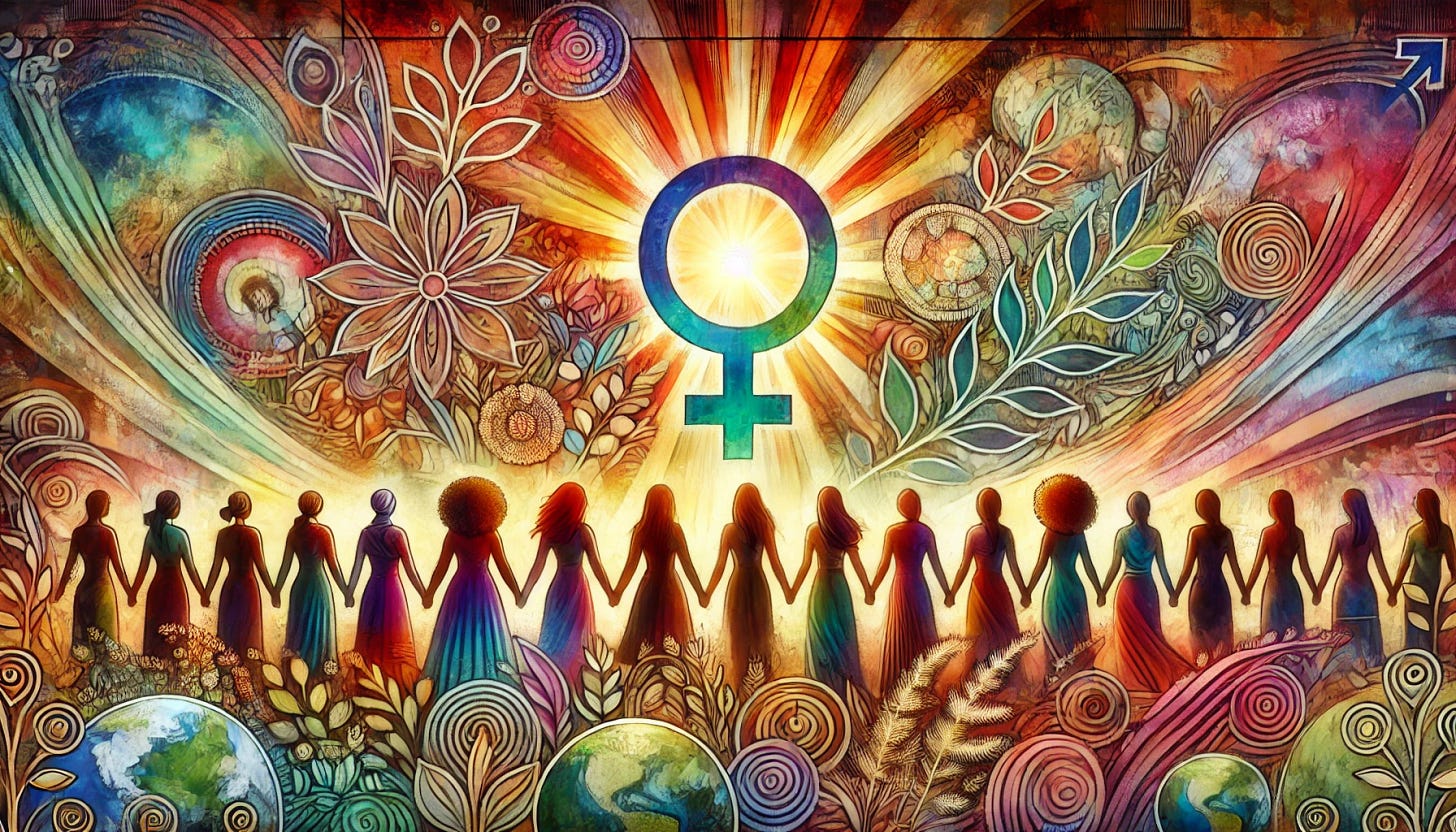When Decency Fades: Why Women’s Rights and Integrity are Worth Fighting For
There’s a deep, unsettling realization that hit me while watching Carville: Winning is Everything, Stupid and during last month’s Women’s Declaration International USA convention in Atlanta. It's the loss of moral clarity in both politics and activism, where power and profit often overshadow integrity, and people’s rights—especially those of women and g…




